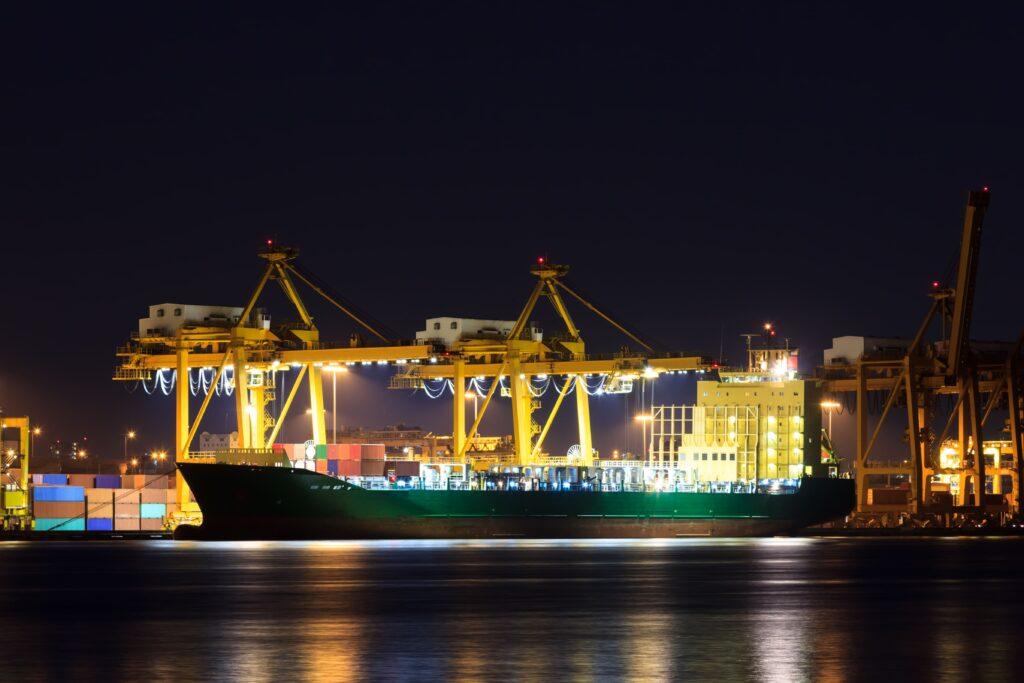Types of Charterparties - Fortior Law

A charterparty https://fortiorlaw.com/news/dogovory-frahtovanija-chartery-i-ih-vidy/ is an agreement where a shipowner leases all or part of a vessel's cargo space (like a deck section) to a charterer to transport cargo in exchange for payment.
This article outlines the main types of charterparties.
Time Charter
In a time charter, a shipowner leases a vessel, including the master and crew, to a charterer for a specific period. The charterparty specifies the length of the lease.
The shipowner is responsible for crew wages, provisions, insurance, and vessel maintenance. The charterer covers fuel and port charges.
The charterer pays the hire for using the vessel, but does not pay during periods when the vessel is unusable due to accidents, strikes, or bad weather. These are known as off-hire periods.
The charterer has control over the vessel's commercial operations, deciding its routes and cargo, and even subletting the vessel.
Imagine the Pirate Taxi Service leasing a Black Pearl car to Jack Sparrow for a month, along with a driver. Jack directs the driver on destinations and cargo, while he covers the fuel and hire costs. The Pirate Taxi Service takes care of the driver's salary and car repairs. Sometimes, Jack sublets the car to Captain Barbossa.
However, this control has limits. Charterparties typically restrict sailing geography and specify allowed cargo types.
A specialized time charter is a trip charter, set for a specific journey to transport particular cargo along a defined route, such as 10,000 tons of wheat from London to New York. Common standard time charter pro forma documents are BALTIME 2001, NYPE 93, NYPE 2015, and SHELLTIME 4.
Bareboat Charter
In a bareboat charter, also known as a "demise charter," the shipowner leases the vessel without a crew. The charterer manages everything, including hiring the master and crew, supplying provisions, maintaining the vessel, and covering all operational costs.
Think of Blackbeard, who owns 30 cars, leasing them to the Pirate Taxi Service. The service hires drivers, sets taxi rates, pays for fuel and maintenance, and handles marketing and advertising.
The charter type can impact legal liability. If a ship's master discharges cargo without proper documentation, and a party with the correct documents sues, the liability varies based on the charter type. In a bareboat charter, the charterer is liable, since they hired the master. In a time charter, the shipowner, who hired the master, is liable.
Standard pro forma documents for bareboat charters are BARECON 2001 and BARECON 2017.
Voyage Charter
In a voyage charter, a shipowner contracts with a charterer to transport specific cargo along a designated route.
The charterer pays freight to the shipowner, either as a fixed sum or based on the cargo's weight (like $50 per ton). The shipowner covers the rest of the costs, such as fuel and vessel repairs.
For example, Jack hires a taxi from Pirate Service to go from Tortuga to Jamaica. He just gets in the car and the Pirate Service handles everything else, like fuel and repairs.
A voyage charter can also be for consecutive voyages, where parties agree to repeat the same voyage under similar terms.
- Art
- Causes
- Crafts
- Dance
- Drinks
- Film
- Fitness
- Food
- Игры
- Gardening
- Health
- Главная
- Literature
- Music
- Networking
- Другое
- Party
- Religion
- Shopping
- Sports
- Theater
- Wellness
- IT, Cloud, Software and Technology


